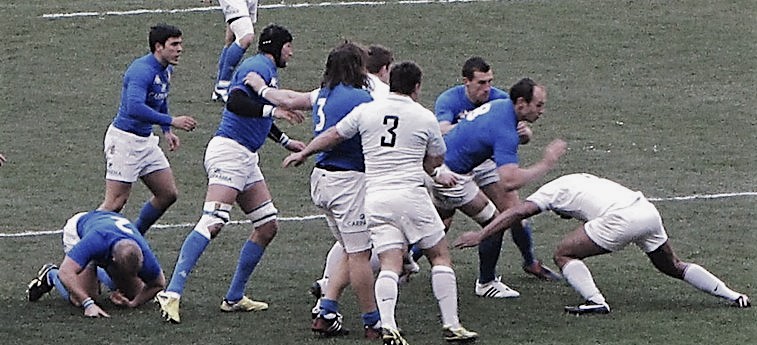The Home Nations Championship—the rugby competition that has now become the Six Nations Rugby Championship—was first played in 1883 among the four Home Nations of the United Kingdom, which consists of England, Northern Ireland, Scotland, and Wales. The tournament then became the Five Nations Championship in 1910 when France joined the tournament. The tournament was expanded in 2000 to become the Six Nations Rugby Championship with the addition of Italy.
Since joining the tournament Italy has struggled to compete with Europe’s elite rugby nations. Italy’s premiere rugby team, known as the Azzurri, has collected the most wooden spoons since 2000, with sixteen. The wooden spoon is a title awarded to the team that finishes in bottom place. The Azzurri haven’t won a game in the Six Nations tournament since beating Scotland in 2015 and its opponents go into the game knowing a win with an attacking bonus point is almost certain.
Following the relative success of the Tier Two nations in the 2015 Rugby World Cup, there were calls form Octavian Morariu, the president of Rugby Europe, to let Georgia and Romania join the Six Nations Rugby Championship due to both teams’ consistent success in the European Nations Cup and their ability to hold their own in the Rugby World Cup. Georgia currently sits one place above Italy in the world rugby rankings at thirteenth.
Some believe the bottom team in the Six Nations should compete in a play-off rugby match against the winner of the Rugby Europe Championship, which would allow all European rugby teams to progress to the highest level of European rugby competition, the Six Nations.
The question being asked is: why should the team that finishes bottom of the Six Nations be guaranteed re-entry to the competition the following year? is If a promotion–relegation system was to be implemented, theoretically it is possible that one of the home nations could even find itself playing in the second tier of European rugby.
Vocabulary List
competition 競争
consists of からなる
expanded 拡大
struggled 苦労した
almost ほとんど
certain. 特定
relative 相対
consistent 一貫性のある
compete 競争
guaranteed 保証
implemented 実装された
Word Frequency


No responses yet